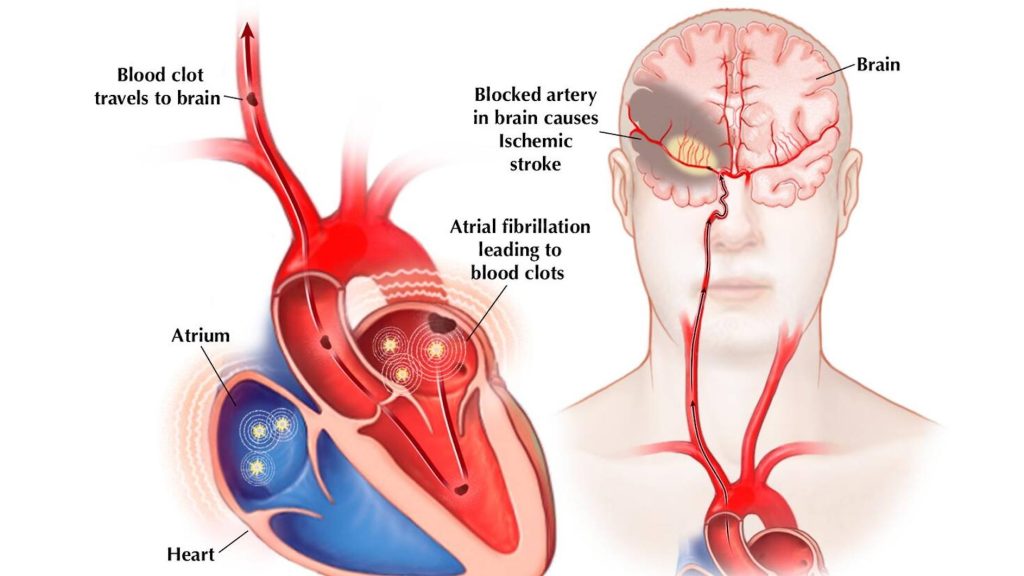-
Featured News
Mayo Clinic Minute: Recognizing ‘holiday heart’
The holiday season is a time of celebration and excess, but Mayo Clinic experts say too much salt, caffeine and alcohol can lead to a little-known condition called "holiday heart" that can have significant consequences.
Dr. Amy Pollak, a Mayo Clinic cardiologist, explains how "holiday heart" can put too much stress on the heart.
Journalists: Broadcast-quality video pkg (1:00) is in the downloads at the end of the post. Please courtesy: "Mayo Clinic News Network." Read the script.
"Holiday heart" may sound like another joyous part of the holiday season.
"But, in the cardiology world, 'holiday heart' actually refers to this effect of the stress of too much alcohol, too much salt, higher blood pressure on the heart," says Dr. Pollak.
Dr. Pollak says all that stress on the heart can cause an irregular heartbeat known as atrial fibrillation.

"And, for some people, it feels like their heart is racing out of their chest," she says. "Their heart is just beating vigorously. For other folks, they just feel some irregularity – tired, short of breath, just wiped out, no energy."
Atrial fibrillation can lead to a stroke.
"So atrial fibrillation is something that is serious," Dr. Pollak says. "And, so, if you do feel that your heart is racing around the holidays, and it's not just from seeing someone underneath the mistletoe, but your heart is racing from irregularity, or you're feeling short of breath, any type of chest discomfort, overly fatigued, you really need to seek medical attention."
Dr. Pollak says the best way to avoid "holiday heart" is to avoid the excesses that are so prevalent during the holidays. She says that doesn't mean you have to skip a holiday party. Just skip some of the booze, cups of coffee and adding salt on your food.







